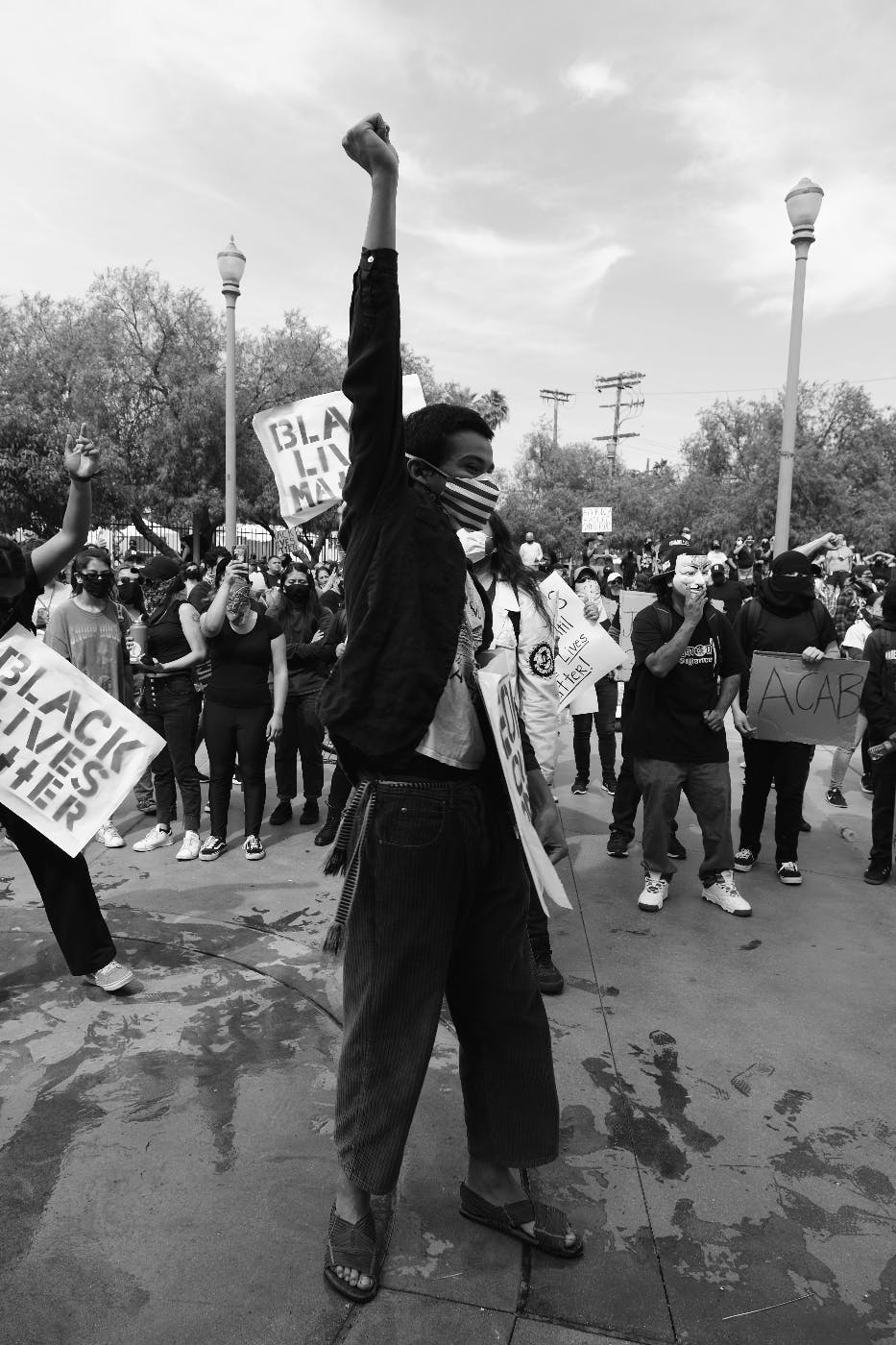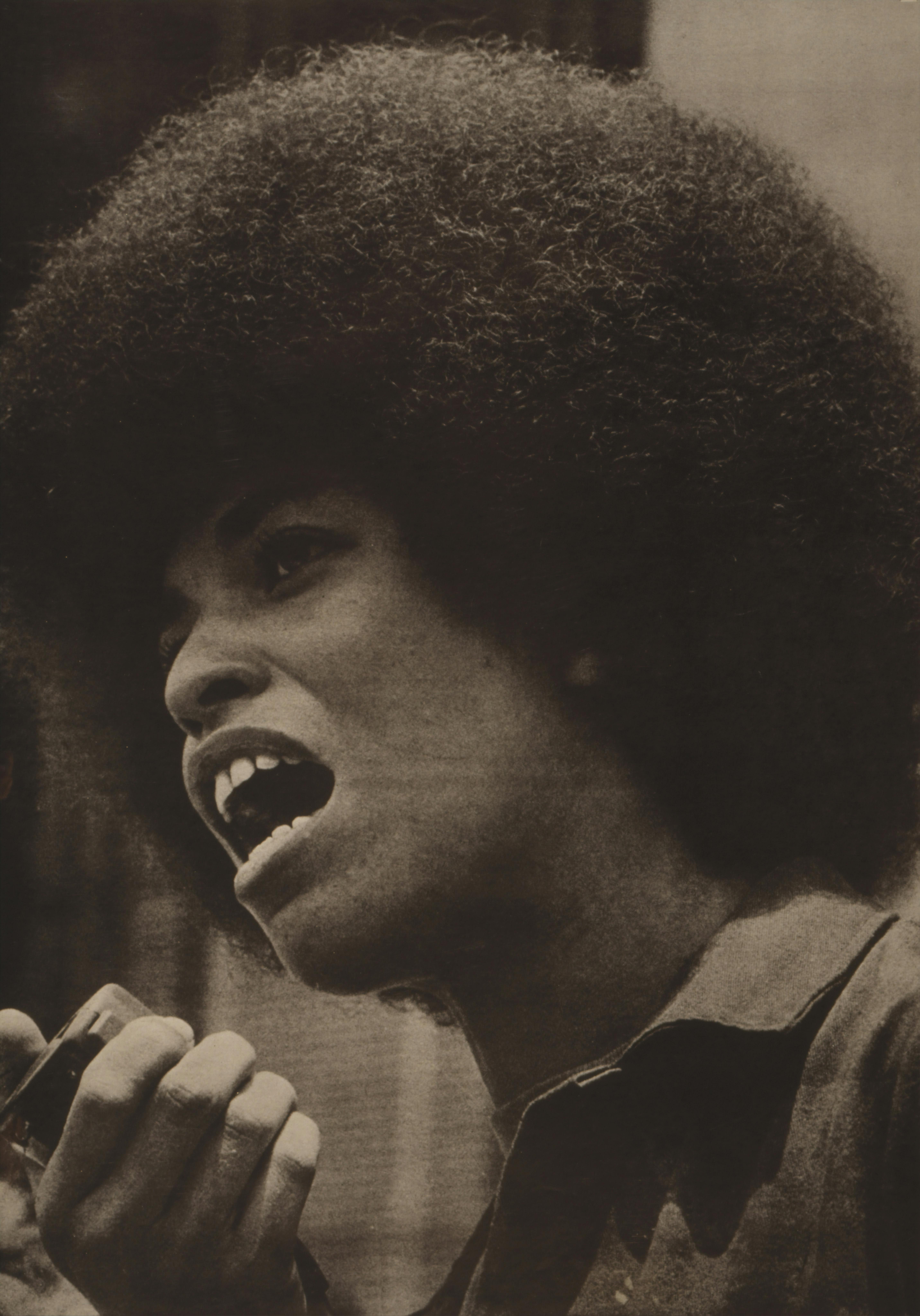
February is Black History month here in the United States. It’s good to note that Canada and the United Kingdom also set aside a month to celebrate Black history.
February is Black History month here in the United States. It’s good to note that Canada and the United Kingdom also set aside a month to celebrate Black history. And more countries are joining this group each year.
Despite what some politicians in the southern region of this country believe, the history of black people in America cannot, should not, and never will be ignored. Despite what a Florida governor thinks, you cannot teach American history without acknowledging what black men and women have done to grow, shape, and make this country better.
Read that carefully; better, not perfect. Just watch the news or listen to hate-filled speeches of those who are ignorant or power-hungry and playing to a small base of insane racists, and you’ll see that the Civil Rights movement did bring about change, but obviously not enough.
The change to acceptance and understanding is slow, and those still waiting for equality are forced to take two steps back almost daily. Every day they still witness death and violence, hate and disrespect, not because of the content of their character but because of the color of their skin.
This is frustrating, to put it extremely mildly. Even writing a sentence about moving toward acceptance makes me cringe; what is not to accept a human being, a man or woman, who loves, hates, lives, works, raises kids, and wants what we all want, the pursuit of happiness? But that happiness has been hard won, and it is still attacked merely because of the color of their skin.
What is Black History Month
In September 1915, Harvard-trained historian Carter G. Woodson and well-known minister Jesse E. Moreland founded the Association for the Study of Negro Life and History. The association was dedicated to researching and promoting the achievements of black Americans and other people of African descent.
Known today as the Association for the Study of African American Life and History (ASALH), the group sponsored a national Negro History week in 1926, choosing the second week of February to coincide with the birthdays of Abraham Lincoln and Frederick Douglass.
The event inspired schools and communities nationwide to organize local celebrations, create history clubs and hold performances, speeches, lectures, and all types of celebrations.
In the decade that followed, mayors of cities and governors of states began issuing regular-year proclamations recognizing “Negro History Week.” By the mid-1960s, due to the Civil Rights Movement and growing awareness of what the black community had given to this nation, Negro History Week grew into “Black History Month” on many college campuses.
In 1976, President Ford officially recognized Black History Month. Today, Black History Month is a time to honor the contributions and legacy of African Americans across U.S. history and society—from activists and civil rights pioneers such as Harriet Tubman, Sojourner Truth, Marcus Garvey, Martin Luther King Jr., Malcolm X, and Rosa Parks to leaders in industry, politics, science, culture and more.
“Seize the opportunity to honor the too-often neglected accomplishments of Black Americans in every area of endeavor throughout our history.”Quote:
President Gerald R. Ford

Beginning in 1976, every president has designated February as Black History Month and endorsed the specific theme.
2023 Theme
The theme for Black History month this year is Black Resistance. This month's celebrations and lectures will focus on the African American community's many achievements despite continued oppression in all forms. This storied community has persevered and continued to thrive despite repression in all forms, especially the racial terrorism of lynching, racial pogroms, and police killings.
This theme may have an air of way back when; however, any glance at the local or national news and you will find examples of this type of repression that African Americans have fought against for so long is not a thing of the past. It is a thing of the here and now, and when will it stop?
Dig a little. Do some research and find out what the African American community has been fighting and continues to fight due to the fact that their ancestors were torn from their homes, chained and shackled, dragged across the world, and set up as a commodity to be bought and sold for the wealth and power of white Americans.
From music, literature, art, and science, African Americans have been making undeniable contributions to this country that can never be forgotten or ignored. We can trace so many of the roots in medicine, science, and more back to these brave, resilient people who took their horrible lot in this country and turned it into something to be proud of. Something worthy of setting a month aside to examine and celebrate.
Resistance. The refusal to accept or comply with something. The African American community is still resisting, and why shouldn’t they? When young black men lay in the streets in blood puddles, communities are ripped apart by violence, and derogatory names are hurled like rocks and flaming bottles at the heads and hearts of black children, black men, and women.
The resistance started so long ago, and by now, you would think that with so many people screaming about Christian values and being Christ-like, these repressions, this horror, that the civil rights movement should have changed more and quicker, is still a daily experience the African American community must bear, and carry with them through their days.
Celebrate with Eyes Wide Open

This is a month when we should celebrate, sing, dance, write odes and sonnets, make speeches, have rallies, and recognize that this country, this great nation of thinkers, doers, leaders, artists, builders, financial giants, athletes, and so much more has a rich history of trial, errors, success and failure. At the heart of that is the African American community.
And, despite what some think in their bitter hearts or some governor in a southern state with their mindless hatred and misguided thinking believe, the history of the United States of America cannot be spoken entirely, truthfully, in all its glory, because glory isn’t perfection, it is the active pursuit of perfection, without telling the history of Black people and their countless contributions to this country.
Despite what a political party may want us to believe, there is a place in the history of this nation for the achievements, sheer will, courage, and forward-thinking of African Americans. We are a nation of many. What this nation has become since its inception is so because of the contributions of all men and women. All races, colors, and creeds. Not to recognize Black History is to ignore the reality of this great nation. We are not perfect; we took people from their homes and enslaved them.
Some things have changed, like the recognition of Black History Month. But understand that the move toward this month started back in 1915 and started half a century after the Thirteenth Amendment abolished slavery. All that time passed, and all those incredible people came, made inroads, and passed away before they were recognized because of racism and fear.
Celebrate. Listen to what’s being said and sung. Be present and try to understand the plight, struggle, and success of the civil rights movement, don't shy away from our history, we did make mistakes, and now, we can continue to do something about it.
Part of the history of the United States of America is the history of the black men and women who saw the need for change, resisted those who refused to give in to that change, and who continue to fight so their children and their children’s children can truly live free like we are all promised in this land of the free and the home of the brave.

